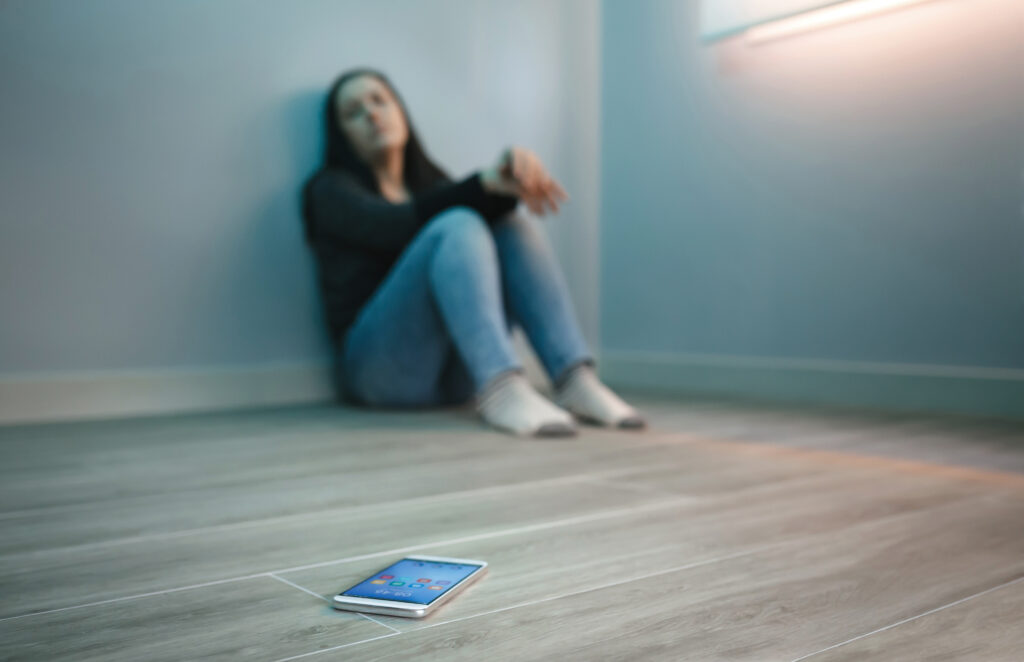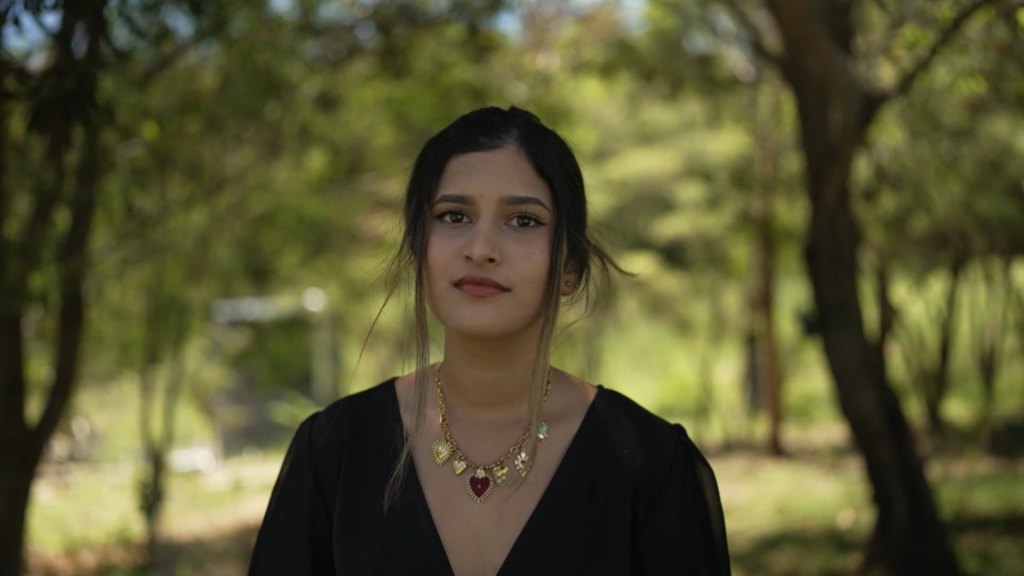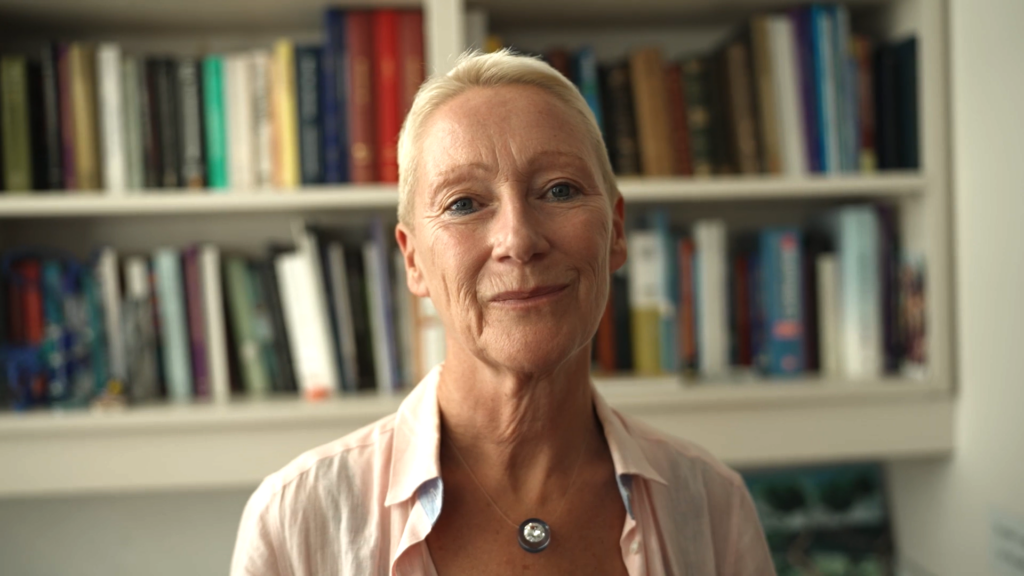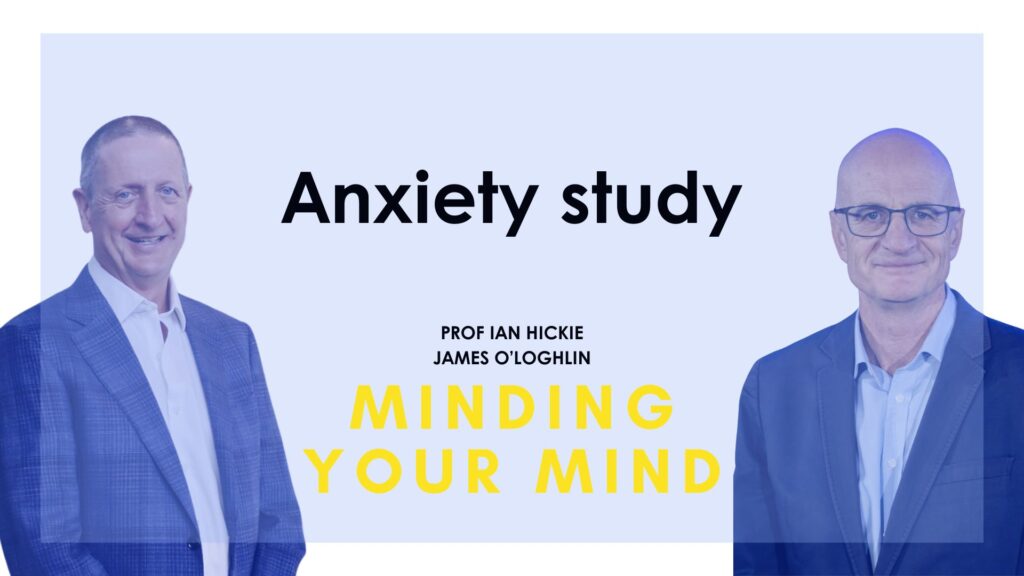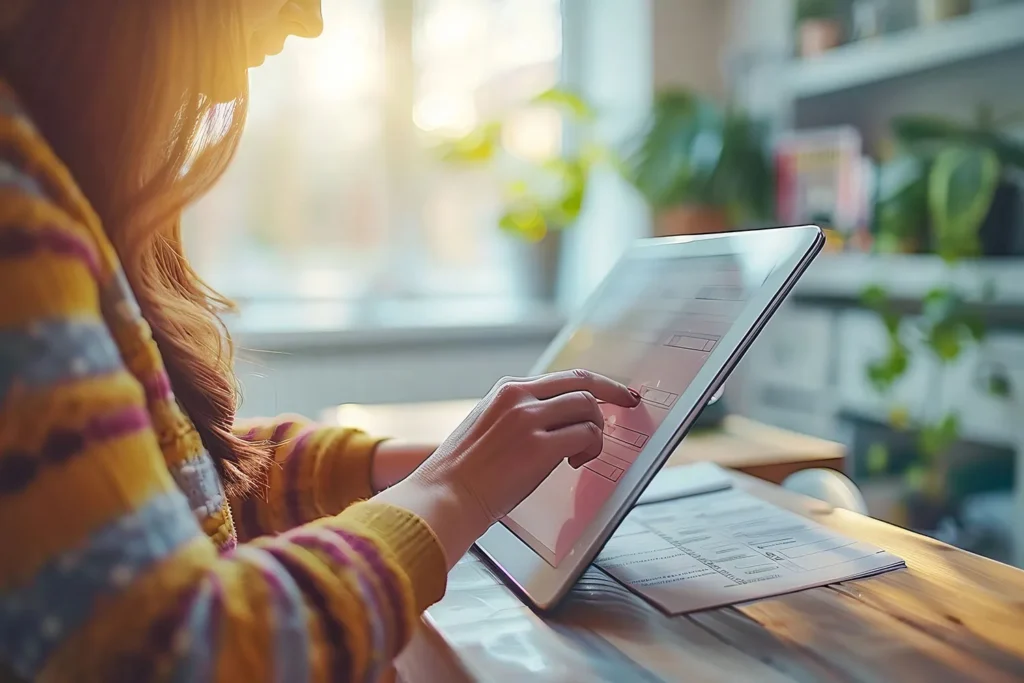Social media has revolutionised the way we connect, communicate, and consume information. While it brings countless benefits, such as staying in touch, learning new things, and even supporting causes, it can also trigger feelings of anxiety, stress, and isolation for many. If you’ve ever found yourself overwhelmed by the constant stream of notifications, posts, or comparisons, you’re not alone.
The good news is that social media doesn’t have to be a source of anxiety. With a mindful approach, it can become a positive, empowering tool for your mental health and well-being.
Here are some practical ways to turn your social media experience into a force for good, helping you manage anxiety and stay grounded.
Understanding the impact of social media on anxiety
Before diving into solutions, it’s important to understand why social media can affect our mental health. Research suggests that excessive time spent scrolling social platforms can lead to:
- Comparison: Constantly viewing curated posts of others’ lives can make us feel inadequate or left out.
- Fear of Missing Out (FOMO): Seeing friends or influencers engaging in exciting activities can cause feelings of isolation or insecurity or set false expectations.
- Negative news overload: Constant exposure to distressing news or unrealistic standards can exacerbate stress and anxiety.
- Validation-seeking behaviour: Obsessing over ‘likes’, comments, or followers can lead to an unhealthy attachment to external validation.
However, with awareness and intentional use, it’s possible to foster a healthier relationship with social media.
How to use social media in a positive way for mental health
1. Curate your feed with positivity
One of the best ways to reduce anxiety caused by social media is to take control of what you consume. Follow accounts that inspire, uplift, and educate you, rather than those that make you feel inadequate or anxious.
- Follow mental health advocates and organisations that provide tips, insights, and encouragement.
- Consume accounts that promote mental health, self-love, and wellness. Prioritise accounts that support kindness and personal growth over those that perpetuate unrealistic standards.
- Mute or unfollow negative accounts that contribute to stress or negative comparisons
By intentionally choosing who and what you follow, you can transform your feed into a place of motivation, support, and joy.
2. Set boundaries and practice mindful usage
Social media is designed to be engaging, but it’s important to set healthy boundaries around its use.
- Limit screen time by using apps like Screen Time on iOS or Digital Wellbeing on Android to set daily usage limits for social media consumption and viewing.
- Schedule “social media detoxes.” Whether it’s a few hours or a full day, stepping away from your devices can help reset your mental state.
- Turn off notifications so you aren’t constantly distracted by new messages, likes, or posts.
Mindfully managing your social media use can help reduce feelings of being overwhelmed and allow you to focus on what truly matters.
3. Engage in positive interactions
Engaging with social media can be a source of support, connection, and encouragement when done with intention. Instead of passively scrolling, try using social media as a way to foster real relationships and promote kindness.
Join supportive groups or communities related to your interests or mental wellbeing. Many platforms have groups for people dealing with similar challenges, offering safe spaces for advice, understanding, and encouragement.
Positive interactions online can help you feel less isolated and more connected to others, which in turn can reduce anxiety.
4. Focus on your own growth
Instead of using social media to compare yourself to others, focus on how it can be a tool for your personal growth.
- Follow educational content that helps you learn new skills, expand your knowledge, or pursue hobbies that bring you joy and fulfillment.
- Set personal goals and track your progress using social media in a way that encourages growth.
- Engage in mindfulness practices and follow accounts that promote mindfulness, meditation, and self-reflection. These can help you stay centred and reduce stress.
Social media can become an extension of your personal growth journey when you actively choose follow content that aligns with your goals and values.
5. Seek support when needed
If social media is starting to feel overwhelming or triggering anxiety, don’t hesitate to reach out for help. Many platforms provide resources and support for mental health.
- Join online therapy or support groups: Platforms like BetterHelp or Talkspace offer virtual therapy sessions with licensed professionals, and many mental health organisations run online support groups or forums.
- Use mental health apps: Apps like Headspace, Calm, or Insight Timer offer guided meditation and mindfulness practices that can help you manage anxiety and improve your well-being.
Social media can also be a valuable tool for finding professional resources and support when you’re struggling.
6. Create a healthy social media routine
Just as you might have a morning or evening routine, creating a social media routine can help maintain balance and prevent overwhelm.
- Start your day with a positive post or quote that sets the tone for your day. Follow accounts that focus on gratitude, self-care, and growth.
- Limit social media use before bedtime to help your mind relax and prepare for sleep. Excessive screen time late at night can disrupt your sleep cycle and heighten anxiety.
- Create a balance by alternating between social media use and offline activities like reading, walking, or spending time with friends and family.
If you have been diagnosed with or Simi for an anxiety disorder, you might be interested in taking part in a study aimed at identifying the genes influencing a person’s risk of developing anxiety and how well treatments work.
To register for the study, head to: livingwithanxiety.org.au or lwa@qimrb.edu.au


